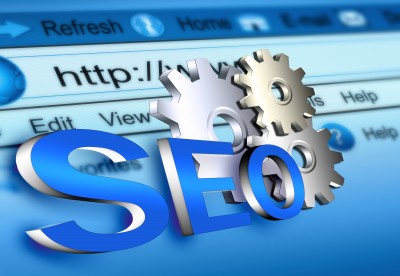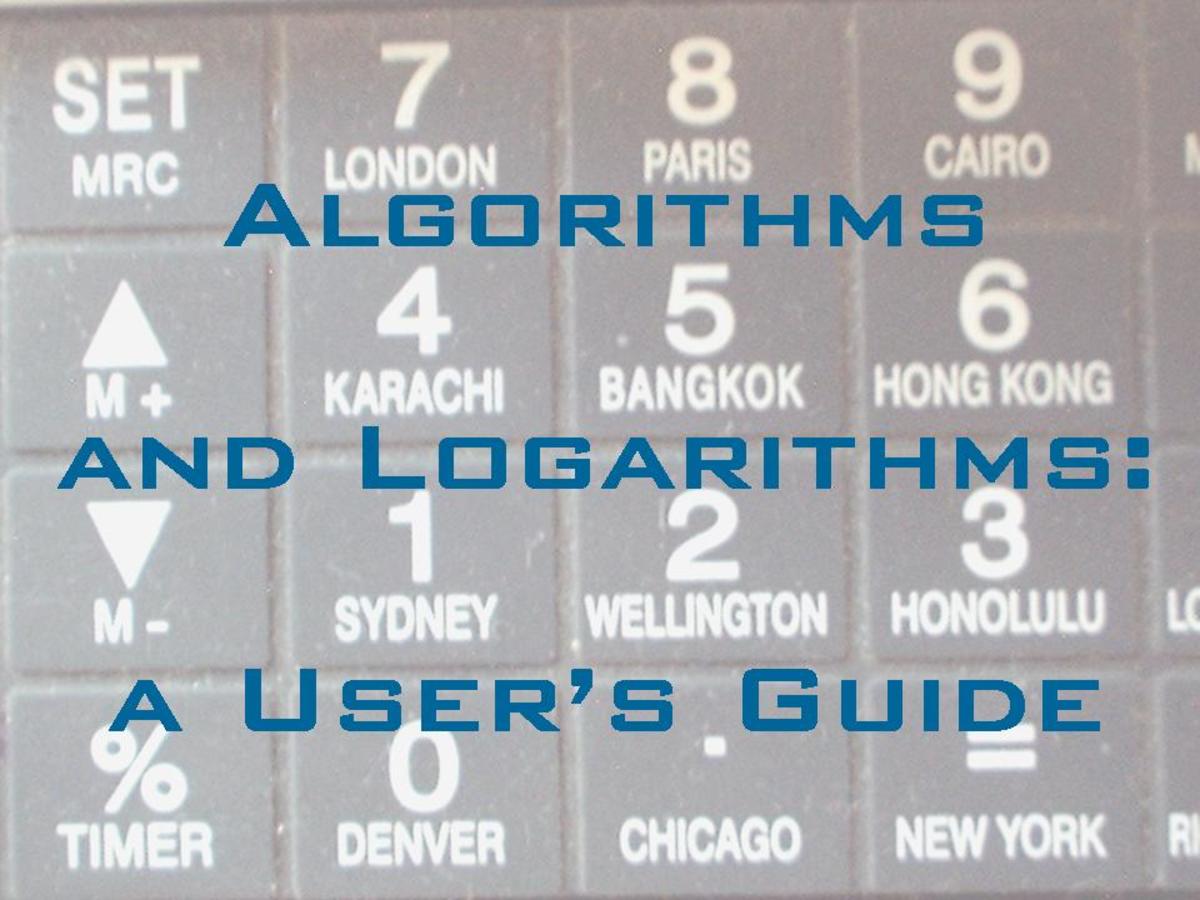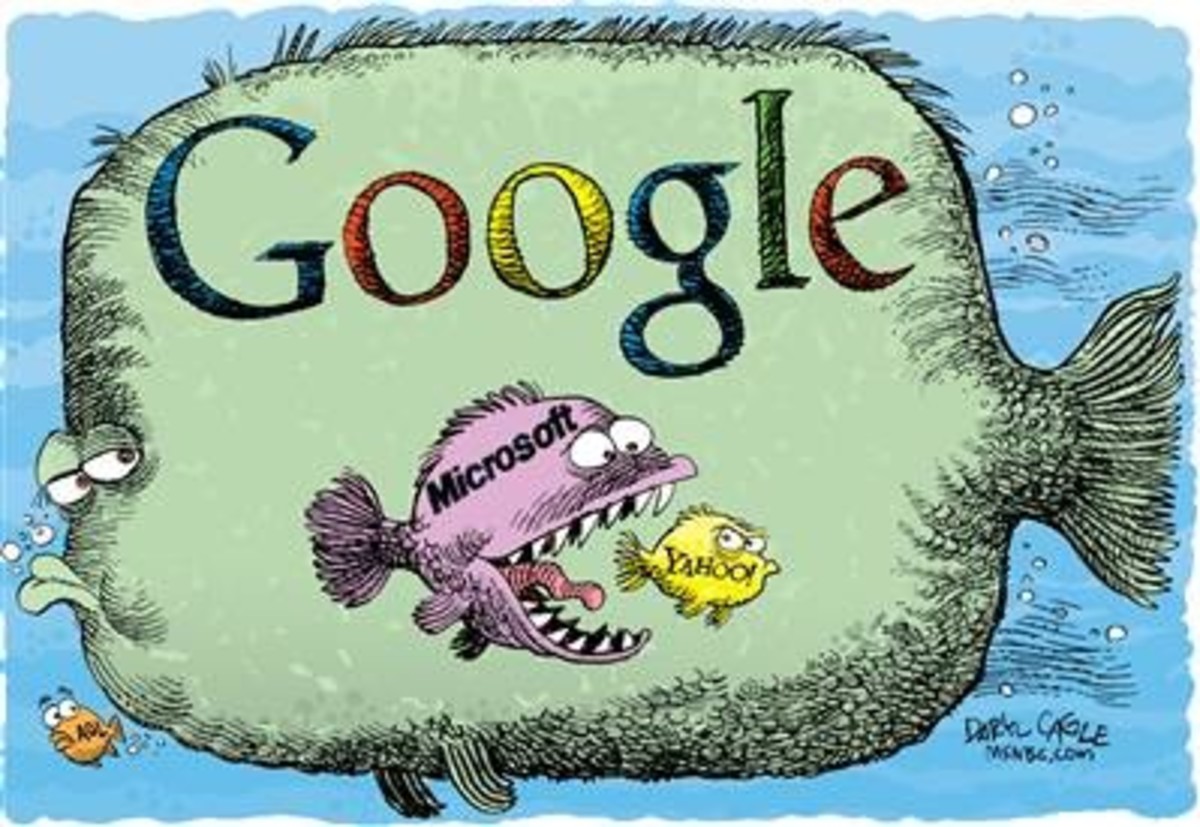- HubPages»
- Technology»
- Internet & the Web»
- Search Engines
New Google Algorithm Exact Match Domains
Search Engine Optimisation

New Google Algorithm Pushes Articles Up The Charts (and flushes Exact Match Domains)
Google have just released their latest algorithmic update which has heavily targeted a small proportion of Exact Match Domains (EMDs) and pushed them down the search results in favour of "higher quality" sites.
An Exact Match Domain is a website where the url is an exact match for the key phrase its customers would type into google to find them. So for example, if you were promoting hotels near the channel tunnel (Eurotunnel), then this would be the EMD to cater for it: hotelsnearthechanneltunnel.co.uk
Matt Cutts (Head of the Web Spam Team at Google) tweeted earlier this week:
Matt Cutts@mattcutts "Minor weather report: small upcoming Google algo change will reduce low-quality "exact-match" domains in search results."
and then later that day a little further clarification:
Matt Cutts @mattcutts "New exact-match domain (EMD) algo affects 0.6% of English-US queries to a noticeable degree. Unrelated to Panda/Penguin."
Some Exact Match Domains are still ranking pretty well with google where all other white-hat SEO practices had been properly implemented, however some (especially affiliate based websites) seem to have slid down the charts dramatically - even if they do contain quality content.
Unexpected Benefit to Article Websites Like Hub pages
As the full impact of Panda 20 didn't hit until later in the week (my worst-hit EMD actually recovered a little bit) we can assume that other shifts in the sand on the Search Engine Results Pages (SERPs) at that time were connected. The most interesting of these shifts seems to have been a dramatic increase in the ranking of articles on sites like HubPages.
It is possible that there was a combined update of the index, however it's much more likely that the algorithm favours websites with a high degree of variation in the overall content of the website. Looking at it objectively, the two types of site couldn't be more different - Most exact match domains tend to be highly targeted onto one subject area, whereas article websites favour content over a wide range of subjects. It's not surprising that an algorithm which negatively effects one type of site should positively affect its polar opposite.
I don't expect all article websites to benefit equally. Sites where quality guidelines are not enforced rigorously, and others which use software to highlight keywords without your permission creating links to other sites aren't likely to survive the "Cutt" in the long run. Hupages, however are still rigorously enforcing their quality guidelines and aren't piling on the advertising to a degree which attracts the wrath of google. Their business model of rewarding writers for quality content with a proportion of click-through advertising revenue is definitely reaping rewards for us all. Long may this continue.
What Should I Do If I've been Affected By This Algorithm?
As with any sudden shift in rankings, it's not advisable to make any drastic changes immediately after an update. Google have a "shoot it if it moves" approach to detecting web spam. It sounds far-fetched, but they actually do have an algorithm which detects reactive changes in your site immediately after a change in search engine rankings - trust me, I read their patent application for it. Whatever you decide to do, I'd recommend you do it slowly and submit your changes to the google index using Webmaster Tools in small progressive chunks.
At this early stage I'm theorising that it would be a good idea to increase the amount of content, and the range of the subject matter on your site, whilst reducing the number of affiliate links. But do it slowly!
Alternative Strategies
If you're not already a HubPages writer, I'd recommend joining HubPages and writing articles on your specialist subject with titles which are targeted at your most important key phrases for google. I'd also recommend following me as I'm going to be writing a lot on the subject in the near future. Not only will this improve the referral traffic to your site (especially in this lean time), but will also give you the opportunity to appear higher up in the google search results and receive links from a site that google considers "White Hat". But do remember to keep your average hub score over 75 in order to prevent your links becoming "no-follow". (Which reminds me, please give me a thumbs up and the bottom of this article if you found it interesting or useful - this keeps my average hub score nice and healthy!)
In the long run it's best to keep your SEO strategies clean and stick to the guidelines google provide for webmasters on how to stay "in favour" with google. They have, after all, been talking about EMDs for some time and it's not a great surprise to me that this change has arrived.
When given lemons, make lemonade and take advantage of the great rankings that articles have the potential to achieve.
Do post comments if you have questions and follow me if this article applies to you... I also have another article on how you can maximise the impact of your articles in google's search engine results pages using Google Authorship.
Click here to sign up to HubPages and start writing great articles.






